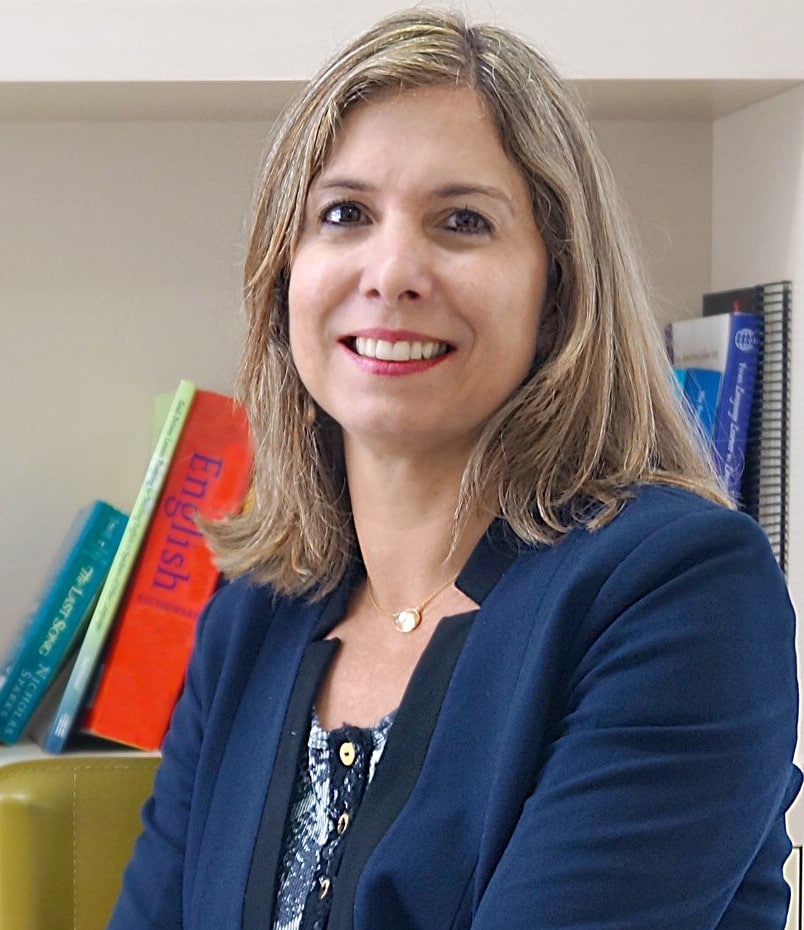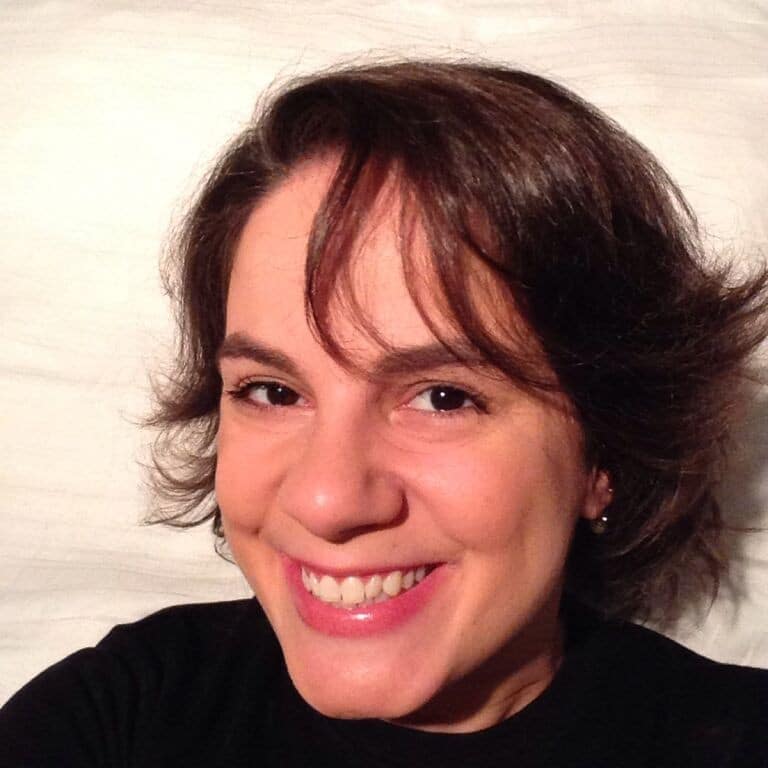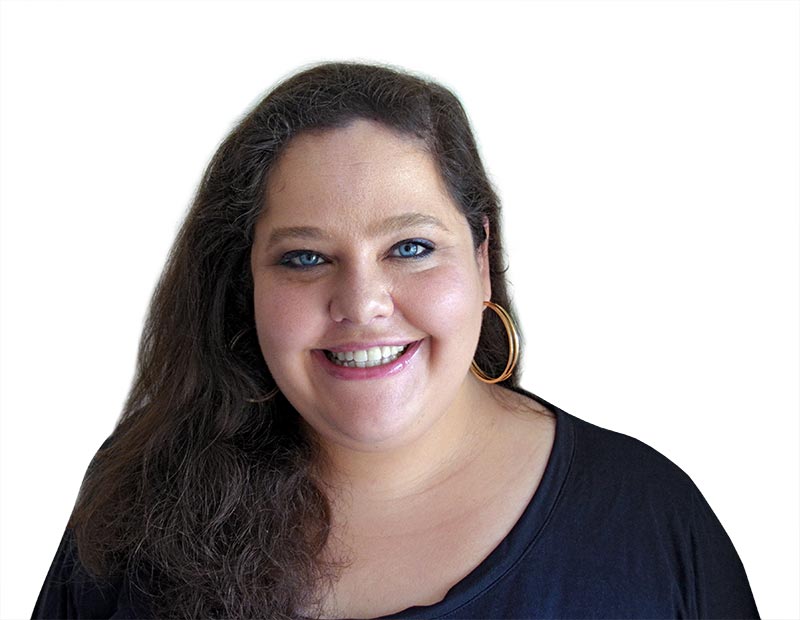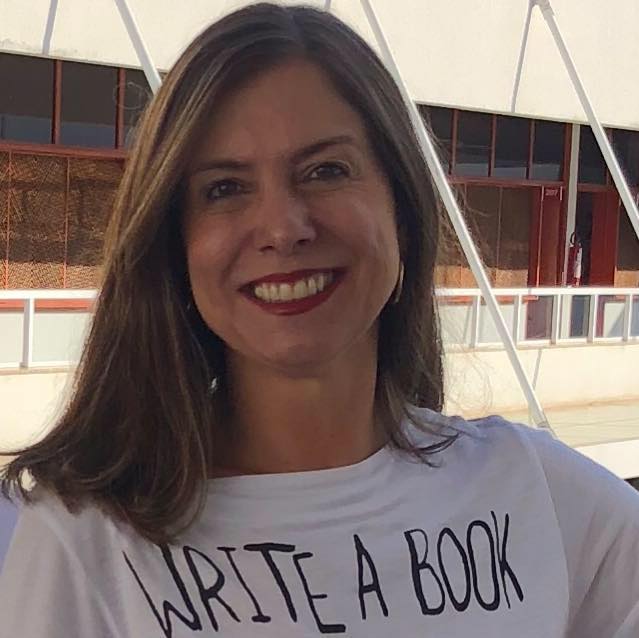Ten tips for sustainable professional development – a balancing act
If you are reading this post, you are likely to be a connected educator committed to life-long learning. As such, you are probably someone who, just like me, works many hours a day in your demanding English-teaching, coordinating, or managing job and, in your free time, engages in all or some of these activities:
- Read professional materials, such as books, articles, and blogs.
- Interact online with other professionals.
- Write academic materials such as books, articles, and blog posts.
- Serve in a professional association such as TESOL, IATEFL, and BRAZ-TESOL.
- Participate in conferences.
- Present in conferences.
- Take face-to-face or online courses ranging from certificate-leading ones such as CELTA, DELTA, MA’s, and the like, to short-term courses in local institutions, online or MOOCs on Coursera, EdEX and other platforms.
- Review materials for publishers.
Engaging in all these types of activities beyond work can be daunting and lead professionals to feel so overwhelmed that they give up due to burnout. After all, we have one of the most demanding professions on the planet. It is very hard to find energy after work or on weekends to work on our professional development on top of everything we need to do for work, not to mention to strike a balance between this and our personal lives. It is even harder to sustain this for many, many years. While we do want to be accomplished professionals, we need first and foremost to be accomplished people, with healthy relationships with family and friends, fulfilling personal lives, and mental and physical health.
Based on my own experience and my observations of other colleagues, here are some tips that may help you sustain your professional development efforts and achieve your goals in the many years to come, without compromising your personal lives:
- You need to decide how far YOU want to go and how much YOU want to dedicate to your professional development. Not everyone needs to do everything on my list above to be a successful professional. Make a choice in your life and make peace with it. If keeping abreast of new developments in your field by reading and attending events is enough for you, that’s fine. You don’t necessarily need to become a blogger or presenter. For some of us, this is a hobby that we prefer to engage in rather than cooking, for example. Others have other hobbies they would rather dedicate more time to. We also face different demands from our families, so not everyone can do all this all the time. What you also need to understand, though, is that the results you will obtain will be based on the efforts you chose to make. There are no miracles or short cuts!
- After you decide how far you want to go, you need to establish priorities. No one with a full-time job can handle doing an MA, serving an association, writing for a blog, and presenting regularly in conferences at the same time, for instance. I was working on a book project in 2014, and the only time I had for this was weekends and holidays. I had to make the painful but wise decision not to attend the International BRAZ-TESOL Conference in João Pessoa that year. I would have gone crazy if I had. And when we go crazy, we make everyone around us go crazy too!
- Having established your priorities, make a list of what you want to accomplish. For example, suppose you have decided to start a blog. You must stipulate how many posts a year you can realistically write and try to stick to your plan. If you decide that you want to start presenting in conferences, select the conferences you want to present in and start planning your talks way ahead. Personal circumstances can get in the way, and if you leave everything for the last minute, you might have problems. Always set realistic goals that fit your current reality. When your reality changes, set new goals. You can move slowly but firmly and achieve great results.
- We have different stages in our lives and we need to respect them. As the old saying goes, Rome was not built in a day. I only started attending the national BRAZ-TESOL conference more regularly in 2004, when my younger daughter was 8. Before that, I prioritized spending the few days off I had in July with my family. As my daughters grew older and more independent, I managed to find more time to engage in professional development. When they were babies and toddlers, all I could manage to balance was work and them. There was no way I could also have dedicated time to what I do today. This didn’t condemn me to a secondary role in our field. Here I am, writing to you on this blog. There is a time for everything in life!
- Find time to take care of your health, from eating habits to exercising. It is very easy to get so engaged in social media, blogs, videos, etc., and forget to eat properly and exercise. The long-term results can be devastating. Exercising stimulates your brain and gives you more energy. You end up producing more and better, without getting so tired. Make exercising a commitment, just like work. Even when I was working full-time and writing my doctorate thesis, I still found time to exercise, maybe less than usual, but at least some.
- Learn to say no! Don’t take up more commitments and responsibilities than you can handle. The more you do, the more things you will be asked to do. This is the most difficult tip for me. I have the tendency to say yes to everything and then feel overwhelmed. I have been working on this for a while. Unfortunately, I know people who make commitments that they end up not fulfilling, so they also end up with a bad reputation. In the end, people are reluctant to work with them because they just want their names everywhere but don’t actually deliver.
- Be sure to take a vacation, and when you do, really turn off. This is also very difficult for me. For example, I was on vacation from December 21 to January 20. I had to resist sitting at my computer to write my usual post on December 29, or to read the many blogs I usually follow, start working on my upcoming Tesol presentation, etc. But I knew I needed the rest. I was exhausted and I needed to clear my mind of any work-related topic. Maybe not everyone needs 30 days. At other moments in my life I didn’t need that long, but this time I did and now I am ready to produce a lot in 2017.
- If you do not achieve your goals the first time around, do not give up. I have presented many times in the International Tesol Conference, but I have also had my proposals rejected many times as well. Had I given up after my first rejection, I would not have honed my skills as a presenter. Also, though I have published articles in journals, I have also had articles rejected. See failures as a learning opportunity. Social media makes us believe that our colleagues are always successful because we tend to share only our success stories, never our failures. Everybody fails. It is what you do with your failures that makes you grow or give up. Also, when you have a rich personal life, professional failures do not seem so huge because it is not your career that defines you.
- Don’t expect never to get stressed or experience tensions. We all get stressed at work, and sometimes trying to find a balance between work and personal life leads to stress. I have faced tensions with my family due to my professional commitments, but we have always managed to work them out. We need constant re-gauging of how much time and energy we can spend here or there. You need to understand that stress is not always negative. It is all about how you deal with stress, and for this I recommend reading this article on why some people get burned out and others don’t, Harvard Business Review.
- If you are single, try to find a partner who will support your professional development efforts and understand that, while you do need to spend time with the family, there will also be times when you will have to turn your attention to reading, writing, traveling to conferences, etc. I’m not sure whether I would have achieved what I have if my husband hadn’t always been so supportive and encouraging. Perhaps I would due to my natural tenacity, but with much more unnecessary stress. If you are not and your partner is not so supportive, explain how important these off-hours activities are to you and compromise, always compromise.
Remember that we only have one life to live. We want to do our job well, we want to be accomplished and recognized professionals, but we also want to be around the people we love and be fulfilled as whole persons. Personal fulfillment drives professional fulfillment and vice-versa. All the professionals I admire have interesting lives as well. Do you?






